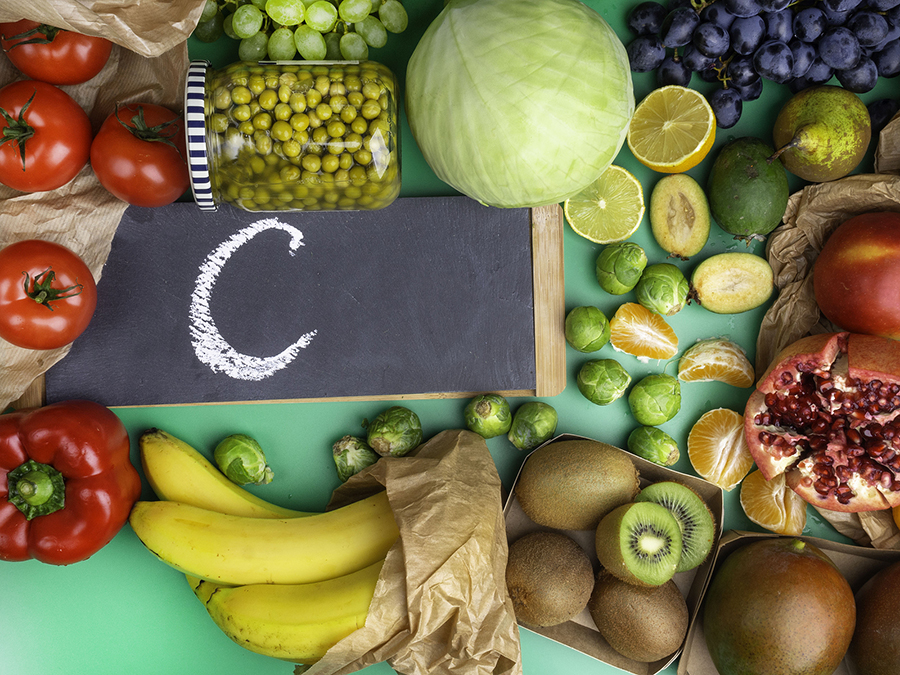 For the management of gout, the American College of Rheumatology just released its 2020 guidelines—or guideline; the only recommendation is for people to lower their uric acid levels.
For the management of gout, the American College of Rheumatology just released its 2020 guidelines—or guideline; the only recommendation is for people to lower their uric acid levels.
And while the American College of Rheumatology wants us to do this by using drugs, we will instead give you some advice of what to eat and what to avoid to lower your uric acid.
Uric acid is produced when our bodies break down a chemical called purine, which occurs naturally in the human body and in many foods, especially protein-rich ones.
Another important thing to know is that uric acid is eliminated from the body in urine.
To control your uric acid, do as many as possible of the following:
1. Drink plenty of water or other non-sugary non-alcoholic liquids to stay hydrated because frequent urination removes uric acid from the body.
2. Drink regular caffeinated coffee in moderation; some studies show that caffeine helps to control gout. If caffeine worsens your gout, or if you have some gastrointestinal condition, ignore this recommendation.
3. Eat cherries, which some studies show reduce the risk of gout attacks.
4. Consume vitamin C-rich foods or supplements. Think citrus, kale, spinach, asparagus, broccoli, sweet green and red peppers, mango, strawberries, and other berries.
5. Consume your animal proteins in the form of chicken, lean beef, pork, and low-fat dairy.
6. Salmon is the safest omega-3–rich fish, which you need.
7. Eat whole grains, nuts, seeds, all fruits, all vegetables, and all legumes. Yes, legumes contain purines but far less than animal products do, and you must obtain protein from somewhere.
8. Asparagus and spinach are two vegetables that are rich in purines and are usually listed on the avoidance list. But most studies show that they don’t increase gout attacks, possibly because of their high vitamin C levels.
To control your uric acid, avoid as many as possible of the following:
1. Avoid sugary foods and drinks because sugar leads to an increased production of uric acid and gut bacteria that produce uric acid. This includes sweetened cereals, sweetened fruit juices, sodas, ice cream, candy, cakes, and bakery treats.
2. Avoid excessive alcohol. Some studies show that wine is fine but listen to your body and do what works for you.
3. Fish is healthful, but the fattiest fish (like anchovies, sardines, tuna, herring, trout, mackerel, and shellfish) contain too much purine to be safe.
4. Avoid organ meats like liver, kidney, sweetbreads, and brain.
5. You don’t have to avoid red meat but limit your intake and choose the lean cuts and not bacon, sausages, or minced meat. Avoid game meat.
6. Avoid nutritional yeast, brewer’s yeast, and other yeast products.

 Overcoming IBD
Overcoming IBD Multiple Sclerosis
Multiple Sclerosis Banishing Bronchitis
Banishing Bronchitis Gum Disease Gone
Gum Disease Gone Overcoming Onychomycosis
Overcoming Onychomycosis Neuropathy No More
Neuropathy No More The Prostate Protocol
The Prostate Protocol Brain Booster
Brain Booster
 Ironbound
Ironbound
 Solution for Shingles
Solution for Shingles
 The Bone Density Solution
The Bone Density Solution
 The Ultimate Healing Protocol
The Ultimate Healing Protocol
 The Parkinson's Protocol
The Parkinson's Protocol
 The Chronic Kidney Disease Solution
The Chronic Kidney Disease Solution
 Overthrowing Anxiety
Overthrowing Anxiety The Fatty Liver Solution
The Fatty Liver Solution The Hypothyroidism Solution
The Hypothyroidism Solution
 The End of Gout
The End of Gout The Blood Pressure Program
The Blood Pressure Program
 The Oxigized Cholesterol Strategy
The Oxigized Cholesterol Strategy
 Stop Snoring And Sleep Apnea Program
Stop Snoring And Sleep Apnea Program
 The Arthritis Strategy
The Arthritis Strategy The Vertigo & Dizziness Program
The Vertigo & Dizziness Program The 3-Step Diabetes Strategy
The 3-Step Diabetes Strategy Hemorrhoids Healing Protocol
Hemorrhoids Healing Protocol The Erectile Dysfunction Master
The Erectile Dysfunction Master Weight Loss Breeze
Weight Loss Breeze The IBS Program
The IBS Program The Insomnia Program
The Insomnia Program The Migraine and Headache Program
The Migraine and Headache Program The Neck Pain Solution
The Neck Pain Solution The Menopause Solution
The Menopause Solution The Ejaculation Master
The Ejaculation Master The TMJ Solution
The TMJ Solution The Acid Reflux Solution
The Acid Reflux Solution The Fibromyalgia Solution
The Fibromyalgia Solution The Psoriasis Strategy
The Psoriasis Strategy